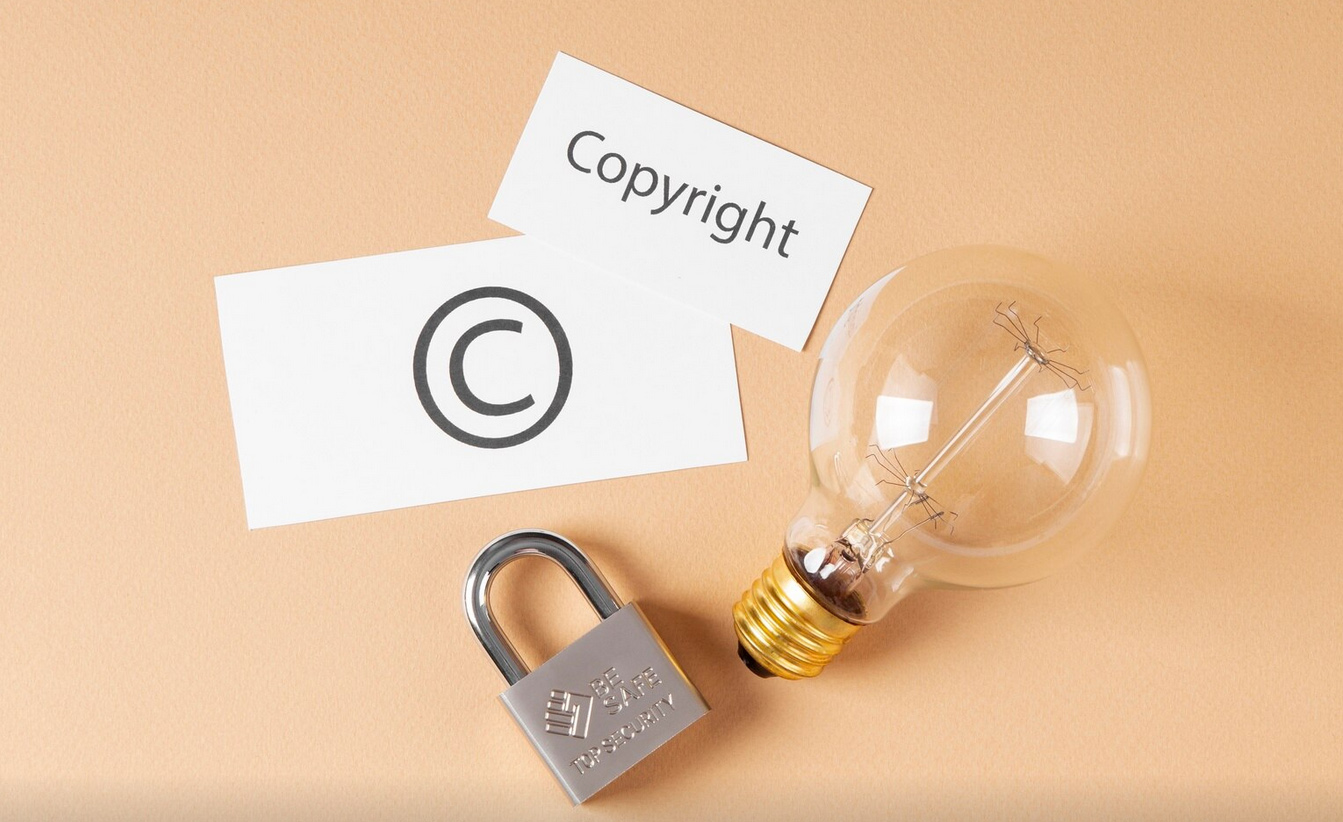
An image which may or may not be related to the article. FREEPIK
Can We Copyright a Melody? The Debate Over Song Similarities
Summary:
Music is built on repetition. Chords, scales, and progressions have been passed down for centuries, influencing artists across generations. But as high-profile lawsuits over song similarities flood the courts, one question looms large: Can you truly own a melody? From Blurred Lines to Stairway to Heaven, the battle over who owns a sequence of notes has sparked heated debates about creativity, inspiration, and the fine line between homage and theft. Are these lawsuits protecting artists, or are they stifling the very essence of musical evolution?
But in the modern music industry, where billions of dollars are on the line, "borrowing" can quickly turn into "stealing" in the eyes of the law. More and more, artists are being dragged into court over song similarities, facing massive lawsuits over melodies that may—or may not—have been copied.
The question is, can a melody truly be owned? Or are we just criminalizing coincidence?
The Anatomy of a Melody: Can It Be Original?
Here’s the harsh truth: there are only so many notes, and only so many ways to arrange them in a way that sounds pleasant. Western music, the foundation of pop, rock, jazz, and classical, is built on a limited set of 12 tones. The combinations may seem infinite, but in reality, patterns emerge, repeat, and get reused across decades and genres.
Think of the classic I–V–vi–IV chord progression (used in everything from Let It Be to Someone Like You). Or the infamous "millennial whoop"—that soaring "woah-oh-oh" melody that has appeared in countless pop hits. Are these theft, or just the natural evolution of music?
If melodies could be entirely owned, a terrifying precedent would emerge. Would Bach have sued Beethoven? Would The Beatles have sued Oasis? The very essence of musical creativity is on the line.
The Courtroom Battles That Shook the Industry
While music plagiarism lawsuits aren’t new, they’ve become more common—and more extreme—in recent years.
- *Blurred Lines* vs. *Got to Give It Up* (2015): The estate of Marvin Gaye successfully sued Pharrell Williams and Robin Thicke for allegedly copying the "feel" of *Got to Give It Up*, despite the two songs not having identical melodies or lyrics. The ruling shook the industry—suddenly, you could be sued for capturing a *vibe*, not just a direct melody.
- *Stairway to Heaven* vs. *Taurus* (2016): Led Zeppelin was accused of lifting the opening riff of *Stairway to Heaven* from a lesser-known instrumental piece by the band Spirit. After a lengthy trial, the court ruled in Led Zeppelin’s favor, but the case set a precedent for evaluating whether two songs are similar enough to warrant legal action.
- *Shape of You* vs. *Oh Why* (2022): Ed Sheeran was accused of copying a short melodic phrase from an obscure track. The court ruled in Sheeran’s favor, but not before he publicly stated that the lawsuit culture was making songwriting a legal minefield.
The sheer volume of lawsuits has made some artists afraid to release music. What if an old song they’ve never even heard of has a similar melody? What if a jury decides similarity equals theft, even without intent?
The AI Factor: When Computers Write Songs
Now, a new issue is emerging: AI-generated music. With artificial intelligence capable of analyzing thousands of melodies and creating original compositions, who owns the rights? If an AI writes a song that sounds like a past hit, who gets sued? The songwriter? The programmer? The algorithm itself?
It’s an uncharted legal nightmare waiting to happen.
Finding a Balance: Creativity vs. Protection
There’s no denying that plagiarism exists—some artists do steal, whether intentionally or not. Copyright laws exist to protect creativity, ensuring that musicians get fair credit for their work. But when lawsuits start targeting accidental similarity, creativity is at risk.
- Should melodies be copyrighted? If so, how much similarity is too much?
- Does intent matter? Should artists be punished for coincidentally writing a similar tune?
- Where does inspiration end and theft begin? At what point is a melody no longer a "public resource" and instead the property of one artist?
These are the questions haunting the industry, with no clear answers.
What is clear is this: If every songwriter has to constantly worry about being sued, we may end up in a world where creativity is choked by fear. And in the end, the biggest victim won't be the artists or the record labels.
It will be the music itself.
 muppazine
muppazine